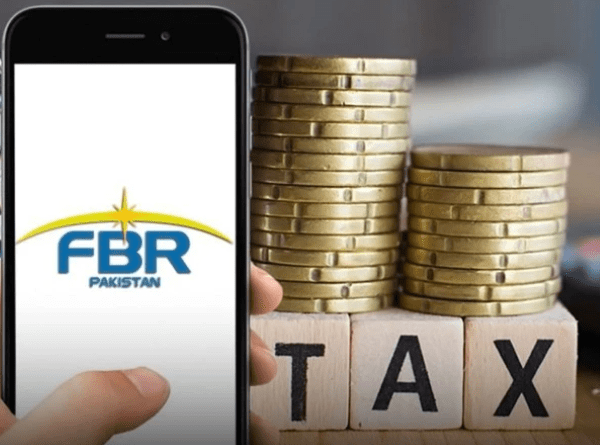Pakistan’s Tax Revolution: FBR Registered Businesses Soar Past 12.5 Million
|
Getting your Trinity Audio player ready...
|
Pakistan’s economic landscape is witnessing a quiet transformation as the Federal Board of Revenue (FBR) reports a record-breaking milestone: over 12.5 million businesses and companies are now registered taxpayers. According to data presented in the National Assembly and reported by Express News, this surge underscores the success of tax reforms and digital initiatives aimed at pulling more enterprises into the formal economy.
A 5.3 Million Leap in Three Years
The numbers tell a compelling story of progress. Over the past three years, the FBR has onboarded an additional 5.3 million business taxpayers—a leap that signals growing trust in the system and a shift toward economic formalization. This isn’t just a statistic; it’s a sign that Pakistan’s private sector is increasingly aligning with national goals of transparency and accountability.
Breaking it down by region:
- Punjab leads with 8.2 million registered entities, reflecting its status as the country’s economic powerhouse.
- Sindh follows with 2.876 million, driven by bustling commercial hubs like Karachi.
- Khyber-Pakhtunkhwa contributes 818,000, showing steady growth in its business ecosystem.
- Islamabad, the capital, accounts for 467,000 registered businesses.
- Balochistan, though smaller in numbers, adds 221,000 to the tally, hinting at untapped potential.
What’s Driving the Surge?
This milestone didn’t happen by chance. The government’s aggressive push for tax reforms—coupled with user-friendly digital registration platforms—has made it easier than ever for businesses to join the formal fold. From small startups to established firms, the FBR’s initiatives are breaking down barriers that once kept millions in the informal sector.
Experts point to streamlined processes, online portals, and incentives as key drivers. “Digital tools have simplified compliance, while awareness campaigns have encouraged businesses to register,” notes an economic analyst. The result? A broader tax base that could fuel public projects and reduce reliance on external borrowing.
Why It Matters for Pakistan
Crossing the 12.5 million mark is more than a numerical victory—it’s a step toward economic stability. Formalizing businesses means better tracking of revenue, improved resource allocation, and a stronger foundation for sustainable growth. For a country often grappling with fiscal challenges, this trend offers hope of a more self-reliant future.
Regionally, Punjab’s dominance highlights its role as an economic engine, while Sindh’s numbers reflect its trade and industrial might. Meanwhile, the rise in Khyber-Pakhtunkhwa and Balochistan suggests that even less-urbanized areas are catching up, thanks to outreach and infrastructure improvements.
Challenges and Opportunities Ahead
While the growth is impressive, challenges remain. Ensuring compliance, tackling tax evasion, and supporting small businesses through the transition are critical next steps. Yet, the opportunity is clear: a robust formal economy could unlock investment, create jobs, and elevate Pakistan’s global standing.
As of April 09, 2025, the FBR’s achievement is a testament to what’s possible when policy meets technology. Could this be the start of a new economic era for Pakistan? Share your thoughts below!




